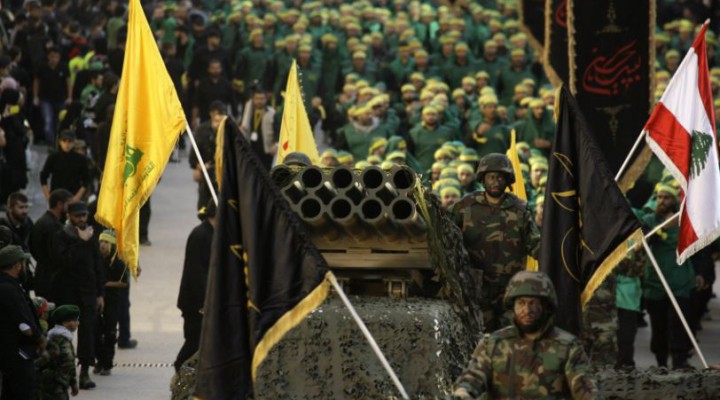Is Israel on the warpath, again?

Successive could prompt Netanyahu to lash out — and trigger an un-survivable all-out conflictsetbacks
I have learned from experience to closely scrutinise any statements made by Hezbollah leaders, especially Sayyed Hasan Nasrallah. When they make threats, they do not do so idly or for propaganda or publicity reasons. They do it to send out specific messages, to both friends and enemies, and demonstrate their readiness to confront dangers they see coming, perhaps imminently.
In an interview with the Iranian Tasnim news agency published on Monday , Hashem Safieddine head of Hezbollah’s executive council, warned there would be an immediate response to any ill-calculated ‘blunder’ by Israel. This would include the entry of the elite al-Radwan special forces into the Galilee region. He said the recent exercises conducted by these forces were a rehearsal for such a move, adding that Galilee is occupied Palestinian territory that must be returned to its rightful owners.
Safieddine is a powerful figure in Hezbollah and oversees its military file. He rarely talks to the media. His remarks reflect the climate of war that is developing in Lebanon and the region, especially after the recent massive two-week-long Israeli military exercise rehearsing an all-out war on multiple fronts including Iran, Lebanon, and Gaza.
A source close to the resistance confirmed to me that Hezbollah’s forces are on maximum alert in anticipation of a possible Israeli assault. The source also revealed that Hezbollah’s UAV force conducted an exercise involving around one thousand drones a few days ago near the northern borders of Palestine. It was not televised or publicised, but was intended as a clear message to Israel and a practical confirmation of Saffiedine’s remarks.
Israeli Prime Minister Benjamin Netanyahu and his generals are in a state of near-panic these days over Iran’s nuclear and missile programmes and Hezbollah’s 200,000-strong rocket arsenal. They fear the US might reach a deal with Iran releasing its frozen assets in Iraq, South Korea, and Europe in exchange for it halting high-grade uranium enrichment. This would be a major US concession if confirmed, and extremely worrying for Israel. It could prompt Netanyahu to launch aggressive attacks to impede or scupper such a deal.
Israeli media have started discussing the damage that might be sustained in Israel’s settler heartlands if a surprise attack is launched against Iran’s nuclear facilities or Hezbollah’s bases. There would certainly be retaliation against Israeli infrastructure — water, electricity, ports, airports, etc. — and population centres. Among the plans seriously considered by the Israeli army is a mass evacuation of settlers from northern to relatively safer southern areas (though the planners failed to take into account that Gaza’s missiles would inevitably join the battle).
US Secretary of State Anthony Blinken’s begging-bowl visit to Saudi Arabia underlined Washington’s waning influence in the Middle East. He failed to push Saudi Arabia closer to normalisation with Israel or halt the Gulf rapprochement with Syria, and the Saudis and other Gulf and Arab oil producers recommitted to the OPEC+ agreement and made another oil production cut in defiance of the US.
This is not good news for Israel, and could prompt it to commit the folly of igniting a war. But it could end up triggering a conflict it might not be able to survive.
https://www.raialyoum.com/is-israel-on-the-warpath-again/
 TheAltWorld
TheAltWorld 
0 thoughts on “Is Israel on the warpath, again?”